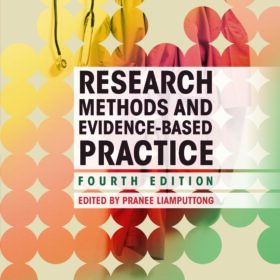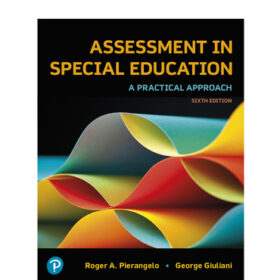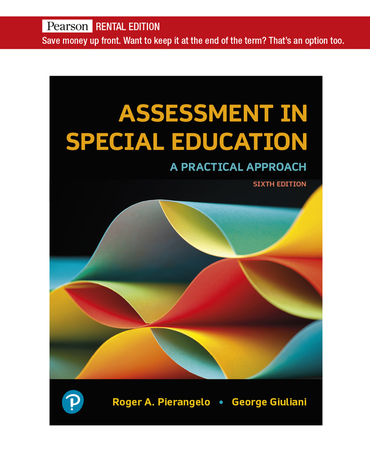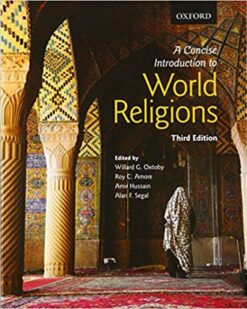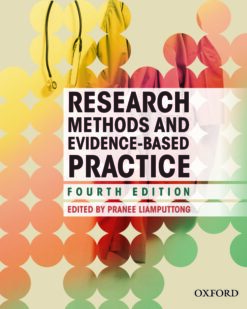Description
Part 1: Foundational Concepts in Special Education Assessment
- Introduction to Assessment
- Methods of Assessment and Testing Considerations
- Basic Statistical Concepts
- Scoring Terminology Used in Assessment
- Legal, Ethical, and Professional Issues in Special Education Assessment
- Cultural and Linguistic Diversity in Special Education Assessment
Part 2: Identification of High-Risk Children
- Response to Intervention
- Required Responsibilities in Screening and Assessment of Students
- The Child Study Team and Pre-referral Strategies
- The Multidisciplinary Team and Parental Participation in the Assessment Process
Part 3: Assessment Measures Used in a Comprehensive Evaluation
- Assessment of Academic Achievement
- Assessment of Intelligence
- Assessment of Behavior
- Assessment of Perceptual Abilities
- Assessment of Speech and Language
- Assessment of Hearing Loss and Evaluations for Physical and Occupational Therapy Needs
- Early Intervention and Preschool Assessment
Part 4: Putting it All Together: Special Education Requirements
- Determining Whether a Disability Exists: Eligibility Criteria
- Writing a Comprehensive Report in Special Education
- Preparation, Participation and Reporting of Test Results
- Eligibility Procedures and the Least Restrictive Environment
- Development of the IEP
